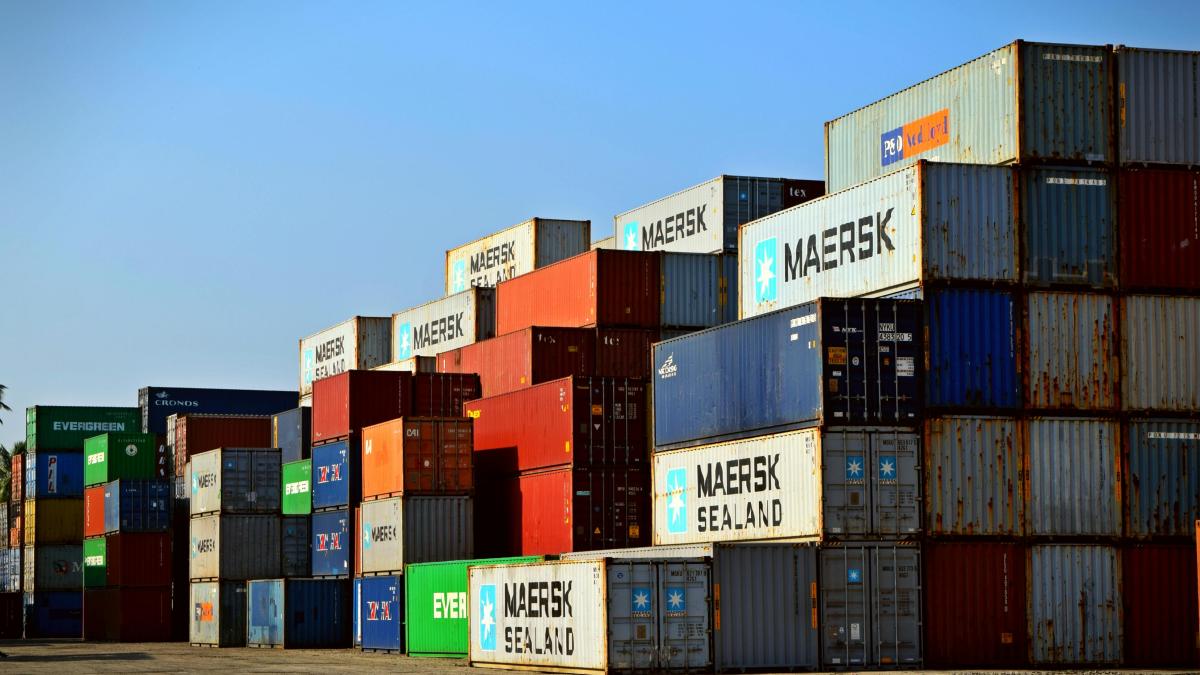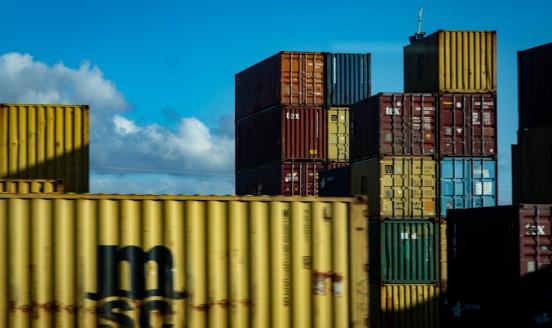Using the financial system to enforce export controls
Russian imports of battlefield goods that are subject to export controls, including from Western producers, have surged since mid-2022

Russian imports of battlefield goods that are subject to export controls, including from Western producers, have surged since mid-2022 and reached levels close to those prior to Russia’s full-scale invasion of Ukraine. Russia thus continues to be able to acquire critical foreign components that it needs for its military industry. These imports occur via mainland China, Hong Kong, Turkey and the United Arab Emirates, while other countries including Armenia, Georgia, Kazakhstan and the Kyrgyz Republic have also seen massive increases in imports from the EU and other coalition countries that likely end up in Russia. The implementation and enforcement of export controls faces major challenges, which are multifaceted and centre around complex supply chains, lack of transparency in documentation and opaque financial structures. The issues are familiar from anti money laundering (AML) and countering financing of terrorism (CFT) frameworks, where much progress has been made in the last two decades. A similar approach could help in rendering export controls effective. We propose: First, financial institutions could be tasked to play a role in the monitoring of the trade in export-controlled goods and the blocking of illicit transactions, building on their experience with due diligence in financial transactions. Second, non-financial companies could learn from banks’ efforts in the AML/CFT sphere to implement proper due-diligence procedures and to ensure export controls compliance. Public-sector investigations and appropriate fines are critical to increase the incentives for firms to act. Technology sanctions are going to be part of the economic statecraft toolbox for the foreseeable future. The Russia case will test their effectiveness and credibility, or lack thereof.



